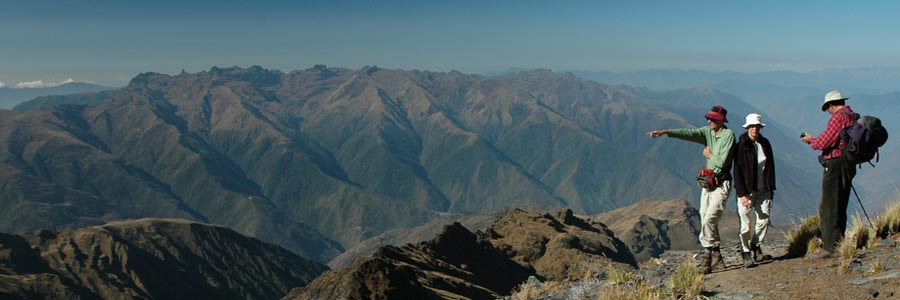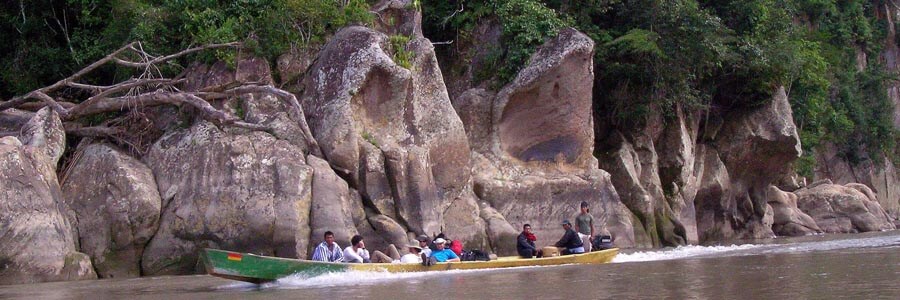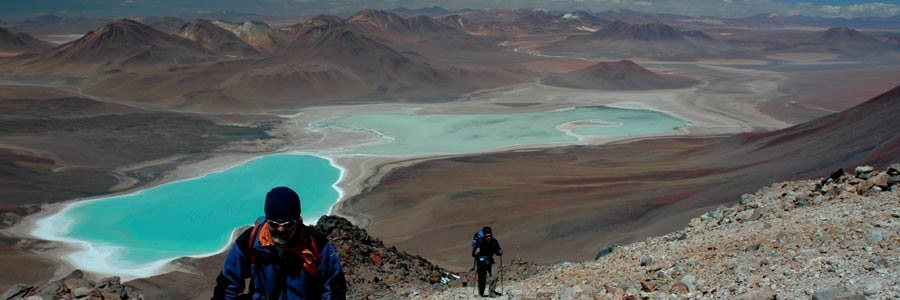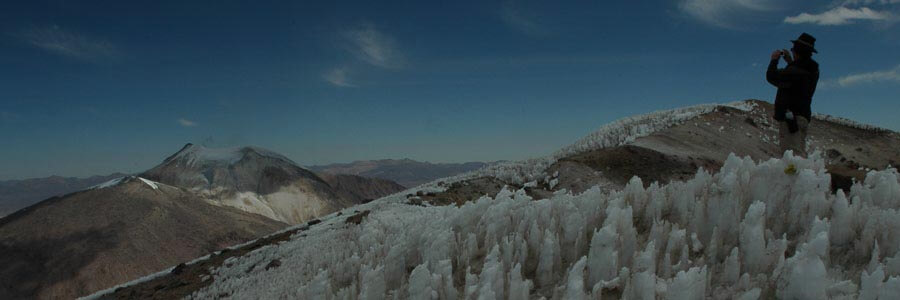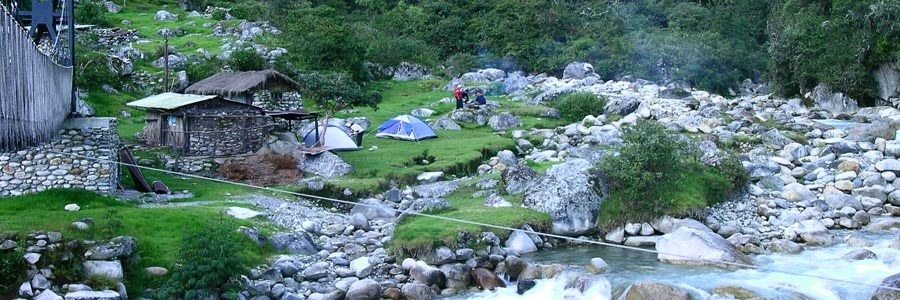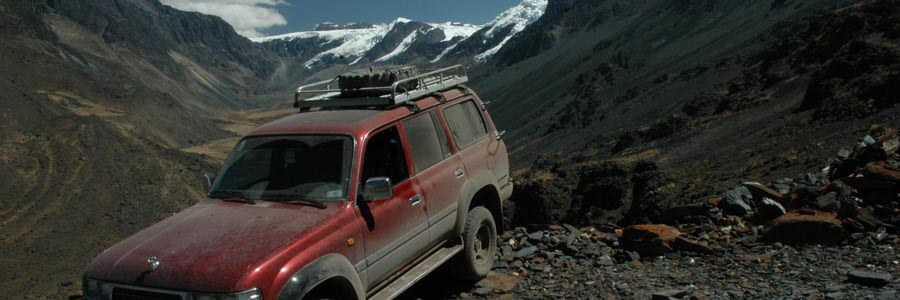General information
Location
Argentina shares borders to the North with Bolivia and Paraguay, to the south with The Pacific Ocean and Chile To the east with Brazil, Uruguay and the Atlantic Ocean and to the west with Chile.
Country size
Its extension is 2,780.400 km2
Population
34.900.000 inhabitants
Capital
Buenos Aires
Major religion
The Roman Catholic is the 92% of the population, the rest is divided between Jews, Protestants and other non Christian beliefs.
Major languages
Spanish is the official language and some native languages are still spoken on certain regions
Economy
Cattle and Agriculture is the support of Argentinean economy. Food processing, metal works, Automobiles, Petrol and textiles are the main industries in the country
Monetary unit
Peso Argentino
International dialing code
Country code (54).
Internet domain
.ar
Anecdotic information
- Highest peak of Argentina, Mount Aconcagua, 6960 m (22.828 Ft.), is also the highest of the Americas and of the western hemisphere.
- Argentina shares with Brasil the Iguazu Falls, the largest falls on the planet.
- Buenos Aires is the second largest city of South America with 13.8 million people.
- Argentina is the third most populated country in South America with 37 million inhabitants.
- Argentina is the second cereal producer of the continent and world’s third with 33,7 million tons a year.
- Argentina is the second exporter of beef of the continent and third of chicken.
- It is the third producer and exporter of oil in South America.
- It is the second electric power producer, 75.2 millions KWh
- Argentina has the third lowest illiterate population in Latin America.
- It has the largest amount of internet serves of South America.
How to get there
Argentina has several international airports. The most important ones are in the cities of Buenos Aires, La Plata, Mendoza, Bariloche, Ushuaia, among others. Buenos Aires has daily flights to and from major cities in the Americas and Europe. Mendoza has several flights a day from Santiago, Bariloche has daily flights to the Chilean city of Puerto Mont and Ushuaia connects to Punta Arenas.
By Land you can take one of the following entry points:
- From Bolivia: in La Quiaca by train and buses coming from Potosi, and Pocitos by road coming from Santa Cruz.
- From Paraguay: by the international highways from Asunción.
- From Brasil: by several international highways that connect different cities in both countries.
- From Chile: by several international highways that connect different cities in both countries.
Documentation
Passports (*) are required to enter Argentina . Usually, hotels, banks, Money exchange houses, Post offices, and airports will ask proof of passport too.
Contact the local Argentinean consulate or embassy for more information on proper entry requirements (visa) since they vary depending on your nationality.
American and most of the European countries citizens do not need visa to enter Argentina while traveling as tourists
As a rule of thumb, Argentina grants a 30-day free visa upon entry to the country. You can obtain an extension of 30, 60 up to 90 days depending on your nationality and proper paper work. Working and study visas can also be obtained fulfilling the requirements.
(*) When booking a Andean Summits trip, you have to provide us a photocopy of your passport and the “form” you get when entering into the country.
Safety & Dangers
Since 1983, Argentina has had a Democratic system but recently the political and economical situation has not been very stable. Democratic system has been finding difficulties and uncertainty has grown.
Argentina has not been as many other “third word countries”. It used to have a strong economy but the long military governments and the corrupted politicians have taken the country to bankruptcy. That has caused some protests against the government. Demonstrations and street blockades have been quite common in the country, but fortunately most of them were peaceful and lasted around one hour.
Most of the roads and paths in the cities and villages are safe for tourist traveling. Buenos Aires is another matter where extra care has to be taken outside of the main tourist circuits. In Bs.As. downtown carrying a backpack and other valuables does not necessarily pose a threat for assault. Generally speaking Argentineans are very amiable and generous.
Since there are “pickpockets” and "scammers" on the streets, we recommend that you carry your money, airline ticket, and passport in a belt or in a small travel bag which you can hang around your neck. We suggest that you leave your jewelry and other valuables at home or deposit them in a security box at the hotel.
Money Topics
All banks change Dollars and Euros. There are also "Exchange bureaus" in most cities but before trying one you should ask the police for the proper ones. It is almost impossible to pay anything with dollars or euros, most people on businesses or shops will not accept them.
Credit cards such as: Master Card, Visa, and American Express are accepted in hotels, restaurants, and some stores. You can also get cash from them in most of the banks and cashier machines. Local commission varies from 1% to 3%.
Traveler’s checks such as: American Express, Visa, Thomas Cook, Citibank, and Bank of America are accepted in banks and money exchange houses (very few stores will accept traveler’s checks). Do not sign them until the payment and make a photocopy of them in case you loose them. Local commission varies from 1 to 3 %.
It is recommended to carry your money, airline ticket, and passport in a belt or in a small travel bag, which you can hang around your neck. We recommend that you leave your jewelry and other valuables at home or deposit them in a security box at the hotel.
Communications
Telephone Radio and television and more than 200.000km of roads and highways cover the entire county. A railroad system is also available.

